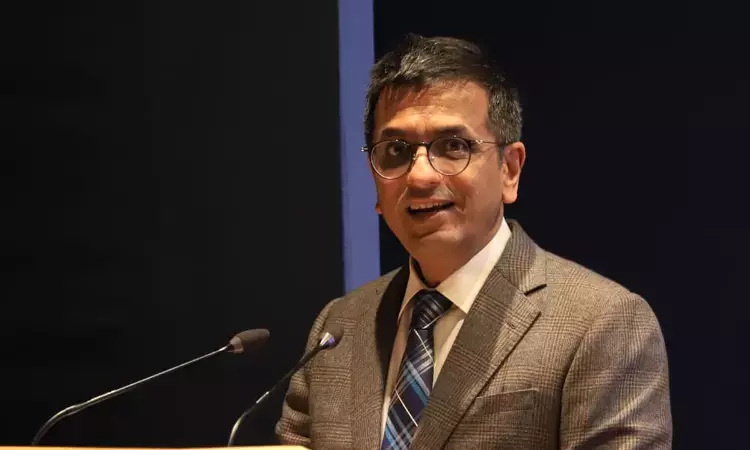Chief Justice of India DY Chandrachud on Friday stressed the importance of rule of law in arbitration proceedings in fostering better economic outcomes, promoting fairness, and creating a conducive environment for investments. He explained that rule of law ensures stability and predictability, which are critical for investor confidence and economic growth.“Rule of law heralds better...

